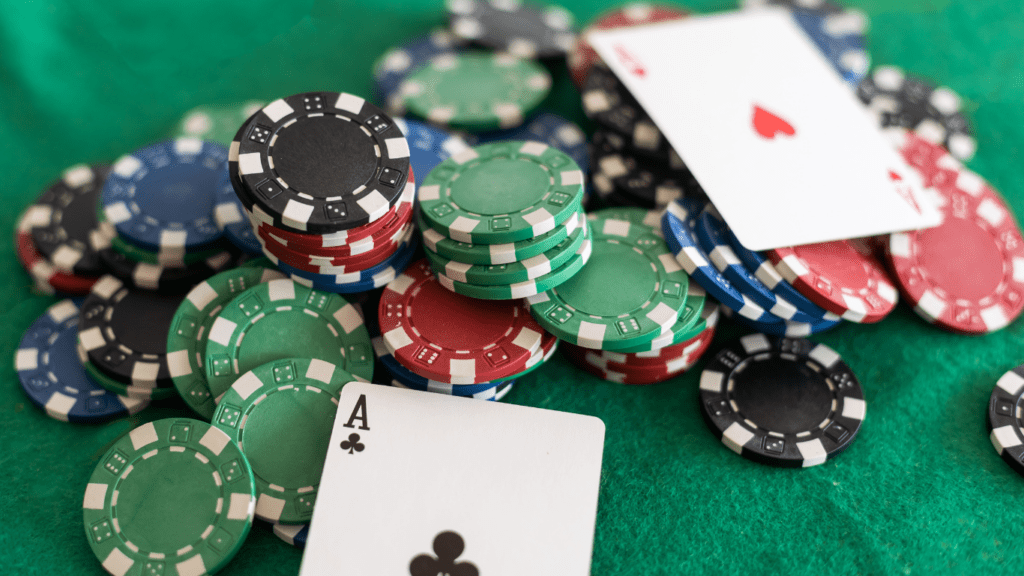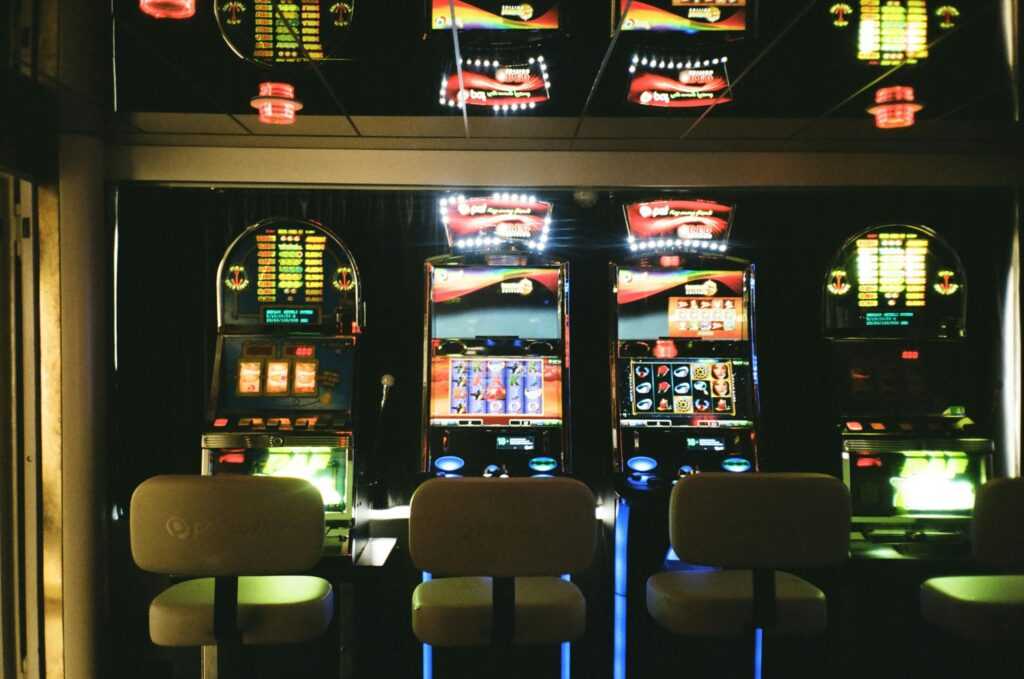Understanding Responsible Gambling
What Is Responsible Gambling?
Responsible gambling involves engaging in gambling activities in a way that maintains control over your actions and ensures these activities do not negatively impact your life or the lives of others.
It means acknowledging the risks involved while making informed decisions to avoid harm.
For instance:
- Setting budget limit
- Recognizing telltale signs of addiction
- Knowing when to step away demonstrate responsible gambling
The Importance of Balance in Gambling
Maintaining balance in gambling is crucial to enjoying the activity without adverse effects. A balanced approach includes setting time and budget limits before engaging in gambling activities.
This prevents financial strain and emotional stress. For example, plan your gambling sessions within affordable limits and avoid chasing losses.
Recognize the signs of problematic gambling behavior, such as preoccupation with gambling or neglecting responsibilities, and seek help if necessary. Balancing fun with safety ensures a healthier gambling experience.
Identifying Risks in Gambling
Recognizing Problematic Gambling Behaviors
Problematic gambling behaviors manifest in various ways. One common indicator involves spending more money than intended or gambling with funds meant for essential expenses, like bills or groceries.
Another sign is increasing the frequency or duration of gambling sessions despite adverse consequences, such as:
- Neglecting work
- Personal relationships
Irritability or agitation when not gambling can also point to a problem.
Additionally, some individuals lie about or conceal their gambling activities to avoid confrontation or judgment.
When to Seek Help
Seeking help is crucial when gambling negatively impacts your life.
Professional assistance becomes necessary if you struggle to control your gambling habits or if they cause such as:
- Financial hardship
- Mental health issues
- Strained relationships
Organizations like the National Council on Problem Gambling provide resources and support for those needing intervention. Recognizing and admitting there’s a problem is the first step toward recovery.
Effective treatment methods include therapy, support groups, and self-exclusion programs, which help regain control.
Tips for Safe Gambling Practices

Setting Limits on Time and Money
Setting limits on time and money ensures that gambling stays enjoyable and doesn’t jeopardize financial stability. I recommend setting a specific budget for gambling activities. Determine this amount based on your disposable income, not essential funds like rent or bills.
For example, allocate $100 monthly, and once this is spent, refrain from gambling until the next month. Tracking time is equally vital. Allocate a set number of hours per week for gambling, such as two hours on weekends.
Use timers or alarms to ensure you adhere to this limit. Limiting your time prevents binge gambling and minimizes the risk of gambling-induced fatigue.
Knowing When to Stop
- Recognizing when to stop is crucial for maintaining control.
- Identify personal triggers and set firm stop-loss limits. For instance, decide that if you lose 20% of your gambling budget, you’ll walk away. This prevents chasing losses.
- Take regular breaks to reassess your emotional and financial state. If you start feeling anxious or realize you’re spending more than intended, it’s time to step back.
- Pay attention to signs of frustration or obsession, which indicate a need to halt gambling for the day. Ensure these practices are routine to keep your gambling healthy and enjoyable.


 Alice McClurg - Content Director Alice McClurg leads the editorial team as Content Director at Jackpot Journey Spot. With a keen eye for emerging trends and a deep understanding of the gambling landscape, Alice curates in-depth articles, event highlights, and game overviews. Her expertise helps guide readers through the ever-evolving world of gambling, ensuring they stay informed and entertained.
Alice McClurg - Content Director Alice McClurg leads the editorial team as Content Director at Jackpot Journey Spot. With a keen eye for emerging trends and a deep understanding of the gambling landscape, Alice curates in-depth articles, event highlights, and game overviews. Her expertise helps guide readers through the ever-evolving world of gambling, ensuring they stay informed and entertained.
